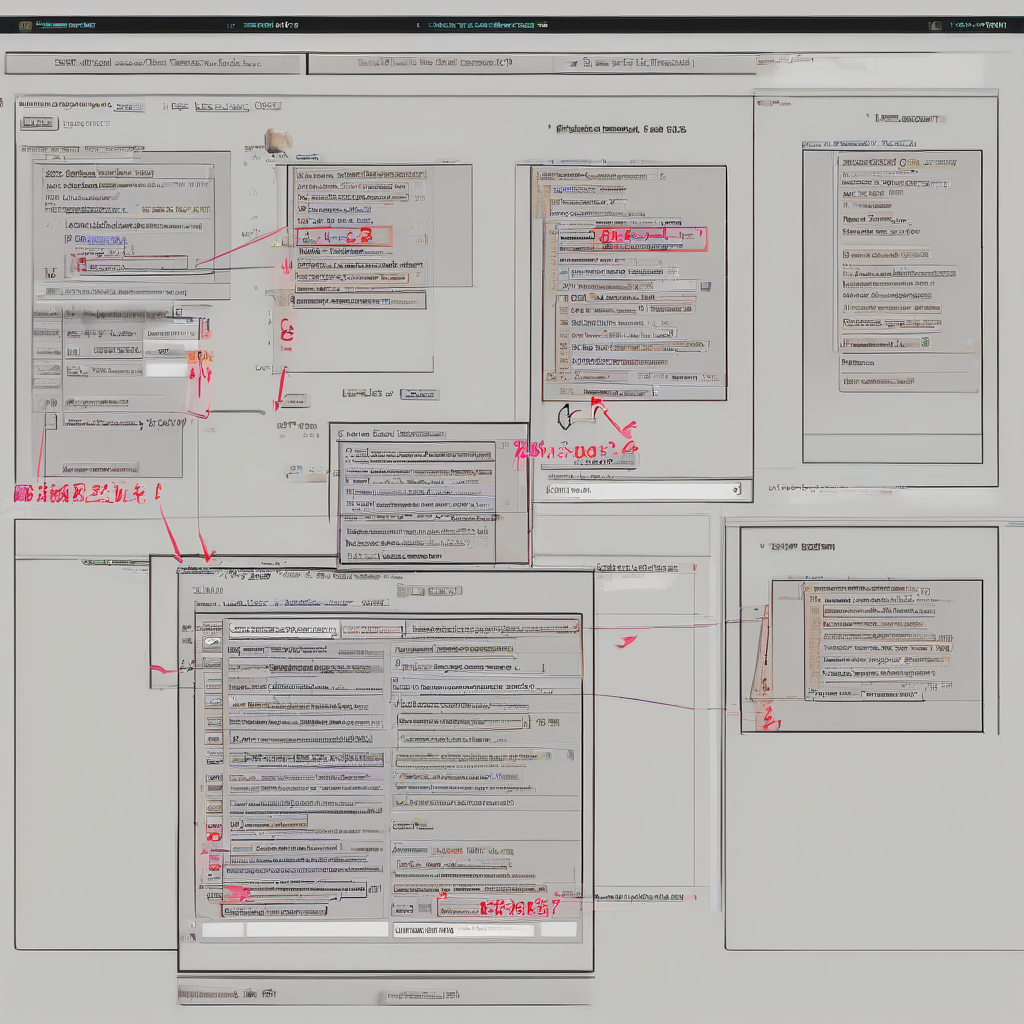Unlocking a Rewarding Career: Your Comprehensive Guide to a Bachelor of Science in Nursing (BSN)
Unlocking a Rewarding Career: Your Comprehensive Guide to a Bachelor of Science in Nursing (BSN)
A Bachelor of Science in Nursing (BSN) is more than just a degree; it’s a gateway to a fulfilling and impactful career in healthcare. This comprehensive guide explores the multifaceted world of BSN programs, encompassing curriculum, career paths, admission requirements, and the rewarding experiences awaiting aspiring nurses.
What is a Bachelor of Science in Nursing (BSN)?
A BSN program is a four-year undergraduate degree designed to equip students with the theoretical knowledge and practical skills necessary to become registered nurses (RNs). Unlike associate degree nursing (ADN) programs, which typically take two years, BSN programs provide a more comprehensive education, emphasizing critical thinking, leadership, and evidence-based practice. This deeper understanding prepares graduates for a wider range of roles and opportunities within the healthcare system.
Curriculum: A Blend of Theory and Practice
The BSN curriculum is a carefully crafted blend of classroom learning and hands-on clinical experience. Key areas of study include:
- Anatomy and Physiology: A foundational understanding of the human body’s structure and function.
- Pharmacology: The study of drugs and their effects on the body.
- Medical-Surgical Nursing: Caring for patients with a wide range of medical and surgical conditions.
- Maternity Nursing (Obstetrics): Providing care to pregnant women and newborns.
- Pediatric Nursing: Caring for children of all ages.
- Mental Health Nursing: Providing care for individuals with mental health conditions.
- Community Health Nursing: Focusing on the health needs of populations and communities.
- Nursing Informatics: Utilizing technology to improve patient care and healthcare systems.
- Leadership and Management: Developing skills in leading and managing healthcare teams.
- Research and Evidence-Based Practice: Understanding and applying research findings to improve patient outcomes.
Clinical rotations are an integral part of the BSN curriculum. Students gain valuable hands-on experience working in diverse healthcare settings, such as hospitals, clinics, and community health centers, under the supervision of experienced nurses and healthcare professionals.
Career Paths: Diverse Opportunities for BSN Graduates
A BSN degree opens doors to a wide array of career paths. Graduates can pursue various roles, including:
- Registered Nurse (RN): Providing direct patient care in hospitals, clinics, nursing homes, and other healthcare settings.
- Nurse Educator: Teaching nursing students in academic settings.
- Nurse Manager/Administrator: Overseeing nursing staff and managing healthcare units.
- Nurse Researcher: Conducting research to improve nursing practice and patient care.
- Nurse Practitioner (NP): Requires further education (often a Master’s degree), offering advanced nursing care and often able to diagnose and treat illnesses.
- Certified Registered Nurse Anesthetist (CRNA): Requires further education (often a Master’s or Doctoral degree), administering anesthesia to patients during surgical procedures.
- Clinical Nurse Specialist (CNS): A highly specialized nursing role focused on a specific area of practice, such as oncology or cardiology.
- Public Health Nurse: Working to improve the health of communities and populations.
Admission Requirements: Preparing for Your BSN Journey
Admission requirements for BSN programs vary among institutions but typically include:
- High School Diploma or GED: Demonstrating successful completion of secondary education.
- Prerequisites: Completion of specific prerequisite courses, including biology, chemistry, and anatomy/physiology.
- GPA: A minimum GPA is often required, typically above 3.0.
- TEAS or other entrance exams: Many programs require applicants to take the Test of Essential Academic Skills (TEAS) or a similar entrance exam to assess their academic preparedness.
- Letters of Recommendation: Providing letters of recommendation from teachers, counselors, or other individuals who can attest to the applicant’s abilities and character.
- Personal Essay or Statement of Purpose: Demonstrating the applicant’s motivation and commitment to nursing.
- Interview: Many programs require an interview to assess the applicant’s personality, communication skills, and suitability for the program.
The Benefits of a BSN: Why Choose This Path?
Choosing a BSN pathway offers several significant advantages:
- Increased Earning Potential: BSN-prepared nurses generally earn higher salaries than ADN-prepared nurses.
- Greater Career Advancement Opportunities: A BSN provides a strong foundation for career advancement into leadership and specialized roles.
- Improved Patient Outcomes: Studies have shown that BSN-prepared nurses are associated with better patient outcomes.
- Enhanced Critical Thinking and Problem-Solving Skills: The comprehensive curriculum fosters the development of strong critical thinking and problem-solving abilities.
- Leadership Development: BSN programs often incorporate leadership training, preparing graduates for leadership roles in healthcare.
- Greater Job Security: The demand for registered nurses is consistently high, offering excellent job security.
- Flexibility and Adaptability: A BSN prepares nurses to adapt to changing healthcare environments and technologies.
Financing Your BSN Education: Exploring Funding Options
Financing a BSN education can be a significant undertaking. Fortunately, several funding options are available:
- Federal Student Loans: Federal student loans are a common source of funding for higher education.
- Scholarships: Numerous scholarships are available specifically for nursing students.
- Grants: Grants can provide need-based funding for education.
- Institutional Aid: Colleges and universities may offer their own financial aid programs.
- Employer Tuition Reimbursement: Some employers offer tuition reimbursement programs to employees pursuing further education.
Accelerated BSN Programs: A Faster Path to Your Nursing Career
For individuals who already hold a bachelor’s degree in another field, accelerated BSN programs offer a faster route to becoming a registered nurse. These programs condense the traditional four-year curriculum into a shorter timeframe, typically 12-18 months.
Online BSN Programs: Flexibility and Accessibility
Online BSN programs offer increased flexibility and accessibility for students who may not be able to attend traditional on-campus classes. These programs deliver course content through online platforms, allowing students to learn at their own pace and from anywhere with an internet connection. However, clinical rotations still generally require in-person participation.
Continuing Education: Staying Current in the Dynamic Field of Nursing
The field of nursing is constantly evolving. To maintain competency and remain competitive, ongoing professional development is crucial. Registered nurses can pursue various continuing education opportunities, such as:
- Continuing Education Units (CEUs): Earned through workshops, conferences, and online courses.
- Advanced Degrees: Pursuing a Master of Science in Nursing (MSN) or a Doctor of Nursing Practice (DNP) degree.
- Certifications: Obtaining certifications in specialized areas of nursing practice.
The Future of Nursing: A Profession in Constant Demand
The demand for registered nurses is expected to remain strong for the foreseeable future. An aging population, advancements in medical technology, and the increasing prevalence of chronic diseases are all contributing factors to this high demand. A BSN provides a solid foundation for a fulfilling and impactful career in a profession that is essential to the well-being of society.




